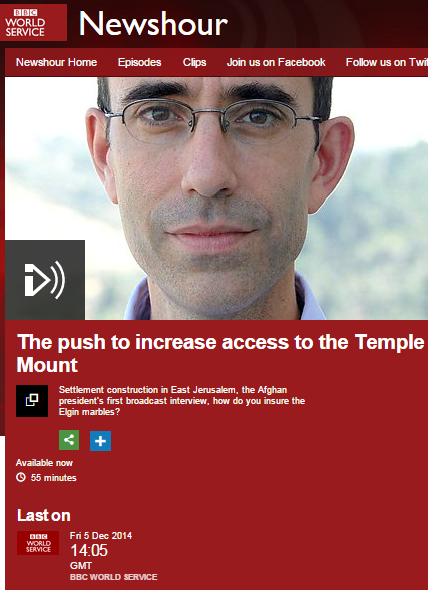A Sept. 5th story on post-war Gaza reconstruction in The Independent by Natasha Culzak, titled “Israel-Gaza Crisis: Reconstruction of flattened Gaza will cost £5billion, Palestinian officials say“, included the following claim:
Mr Shtayyeh, who is also an economist, said Gaza would be relying on international aid for the reconstruction project, in addition the eradication of Palestinian rivalry and the opening of Israel-Palestine border crossings.
An EU source speaking on condition of anonymity told EurActiv: “If you want aid materials to be permitted to enter, they will almost inevitably come from Israeli sources.
“I don’t think you’ll find it written down anywhere in official policy, but when you get to negotiate with the Israelis, this is what happens. It increases construction and transaction costs, and is a political problem that has to be dealt with.
Of course, the most likely explanation for why this “anonymous EU source” couldn’t find this Israeli-only goods rule “written down anywhere in official policy” is that it seems to be a fabrication.
Interestingly, the Indy reporter failed to note that the very article at EurActive she linked to included the following flat-out denial by Mark Regev
Mark Regev, a spokesman for the Israeli prime ministers’ office, denied claims that Israel’s entry policy to Gaza prevented non-Israeli-made reconstruction materials from entering the Strip.
“I know that policy, and it is not true,” he told EurActiv over the phone from Jerusalem.
Additionally, CiF Watch contacted COGAT, which coordinates the entry of aid into Gaza, to ask them about the claim, and we received this response:
Regarding the claim that Israel is actively trying to dissuade and interfere international donors from purchasing and bringing non-Israeli building materials to the Gaza Strip, we reiterate that it is Israeli policy to allow any nation or organization to bring in any building materials they wish as long as they do not violate the dual-use restrictions that are in place. The source of the building materials is not of concern to the Israeli government – only that they cannot be used for non-civilian use and that they follow proper tax procedures.
It’s the job of reporters to attempt to corroborate unsubstantiated claims made by anonymous sources, and to note official responses which contradict such claims – fundamental principles of professional journalism that the Indy’s Natasha Culzak failed to uphold.




